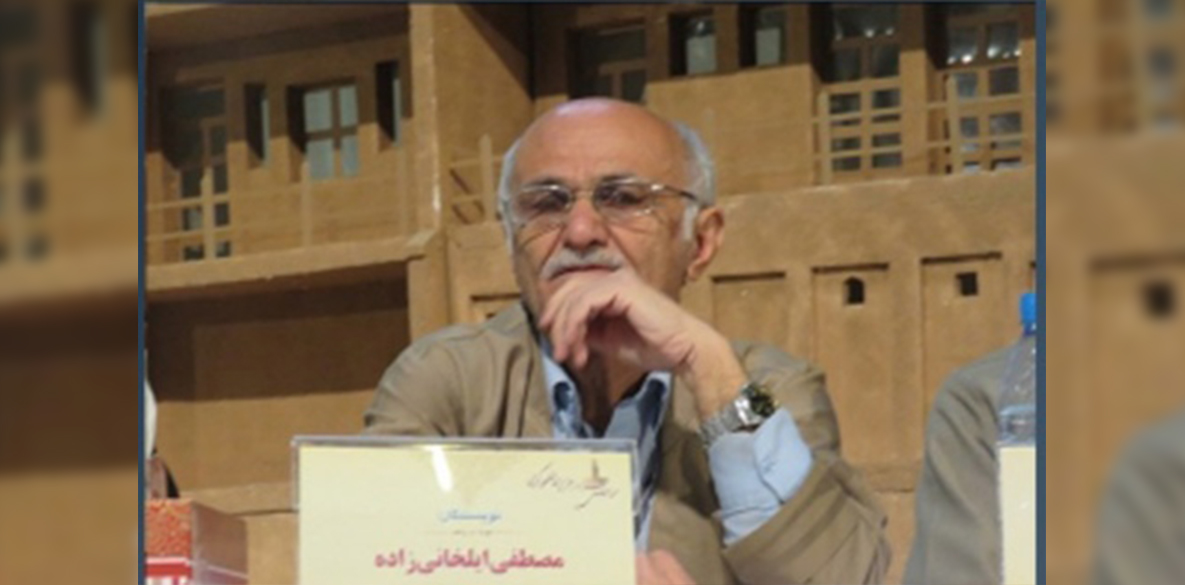MORE than 90 Kurds have been “disappeared” in northern Iran in the past two weeks, the Kurdish Human Rights Association (KMMK) reported today.
It said that the arrest of four environmentalists on Thursday had increased the total number of those missing to 92, as families appealed for information on their loved ones’ whereabouts.
Human rights campaigners, environmentalists and civil activists have been the main targets of that latest wave of arrests targeting Kurds, which the human rights group said had started on January 9.
Many were detained in violent raids on their homes by members of the Iranian Revolutionary Guards and intelligence services, according to the KMMK.
The Hengaw Human Rights Organisation said that Kurdish environmental activist Jamal Ghasemi was among those taken in Thursday night’s raids.
His detention followed that of Kurdish civil rights activist Arastu Mullah Rahimi, who was called to the Iranian intelligence department’s building in the city of Mahabad at the weekend to explain some recent social media posts.
Also arrested was Mostafa Ilkhanizadeh, a Kurdish writer and the head of the Cultural and Educational Institute in the city of Bukan.
His home was raided on Tuesday, with authorities confiscating personal belongings including mobile phones and computers.
The charges against him and the others are unknown.
The operations were conducted unlawfully and without court orders, KMMK said after speaking to the families of those detained, adding that where they are now is unknown.
A KMMK statement said: “The violence committed by the intelligence services and the confidentiality of the prisoners’ whereabouts have caused serious concerns about their health and safety.”
There are around 12 million Kurds in Iran, forming about 17 per cent of the population.
While Kurdish culture, such as dress and music, is allowed and the language is used in some broadcasts and publications, the Kurdish minority continues to suffer deep-rooted discrimination.
Last year, the clerical regime sentenced Zahra Mohammadi to 10 years in prison for teaching Kurdish children their mother tongue.
A court in the city of Sanandaj, in Iran’s Kurdistan province, found that her activities with the Nojin Cultural Association, where she is a board member, were evidence that she had founded “an anti-state group.”
She insisted that she was not involved with any other organisations or groups.
Zeinab Jalalian remains one of Iran’s longest-serving Kurdish political prisoners after she was jailed in 2007 on suspicion of membership of the banned Party of Free Life of Kurdistan, an affiliate of the Kurdistan Workers Party (PKK).
She was sentenced to death following what was described as a sham trial with no legal representative present and after being tortured. Her sentence was later commuted to life in prison.
Source: MSO



